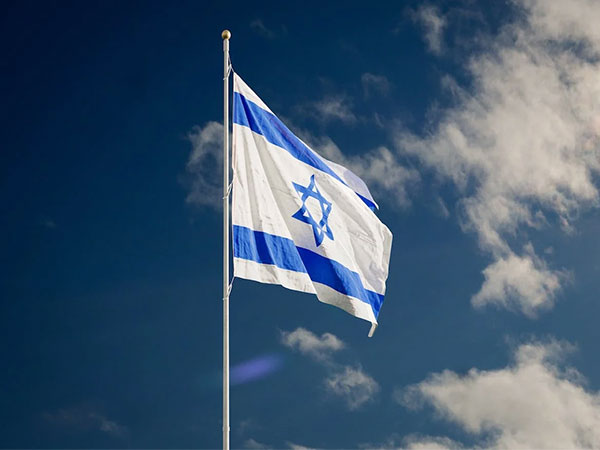UNHRC calls for restraint ahead of Sri Lanka protest
Jul 09, 2022

Colombo [Sri Lanka], July 9 : Ahead of what is expected to be a large demonstration in Colombo on Saturday, the UN High Commissioner for Human Rights urged Sri Lankan authorities to show restraint in the policing of assemblies and ensure every necessary effort to prevent violence.
In a statement delivered by the Spokesperson for the UN High Commissioner for Human Rights, Ravina Shamdasani, the Office of the High Commissioner for Human Rights (OHCHR) said "we appeal to the organisers of the protests and their supporters to engage in peaceful means of protest and not to impede essential medical or humanitarian services."
"We also call on the authorities to give clear instructions to the security forces that human rights defenders and journalists have a right to monitor and report on the demonstrations and therefore should be protected in the exercise of these functions and not obstructed in any way," the spokesperson added.
The worsening economic situation has led to increasing tensions in the last weeks. Reports have been received of several confrontations between individuals and members of the police force and the armed forces at fuel stations where thousands of desperate members of the public have queued for hours and sometimes days.
OHCHR noted reports that Police used tear gas and water cannon at times in an unnecessary and disproportionate manner. On occasions, armed forces have also fired live ammunition.
"All Sri Lankans have the right of freedom of expression, peaceful assembly and the right to participate in public affairs, which are particularly important in critical phases of the nation's life. Under applicable international law, gatherings can only be dispersed in exceptional cases, with use of force a last resort where absolutely necessary and proportionate," the human rights office said.
According to OHCHR, the people of Sri Lanka are already suffering enormously and live in continuing uncertainty of how they can meet their basic needs including access to the right to food, health and education. "They have a right to peacefully protest to demand a better life and an end to economic and social hardship."
Sri Lanka is suffering its worst economic crisis since gaining independence in 1948, which comes on the heels of successive waves of COVID-19, threatening to undo years of development progress and severely undermining the country's ability to achieve the Sustainable Development Goals (SDGs).
The oil supply shortage has forced schools and government offices to close until further notice. Reduced domestic agricultural production, a lack of foreign exchange reserves, and local currency depreciation, have fuelled the shortages.
The economic crisis will push families into hunger and poverty - some for the first time - adding to the half a million people who the World Bank estimates have fallen below the poverty line because of the pandemic.
Some 6.26 million Sri Lankans, or three in 10 households, are unsure of where their next meal is coming from, according to World Food Programme.




















